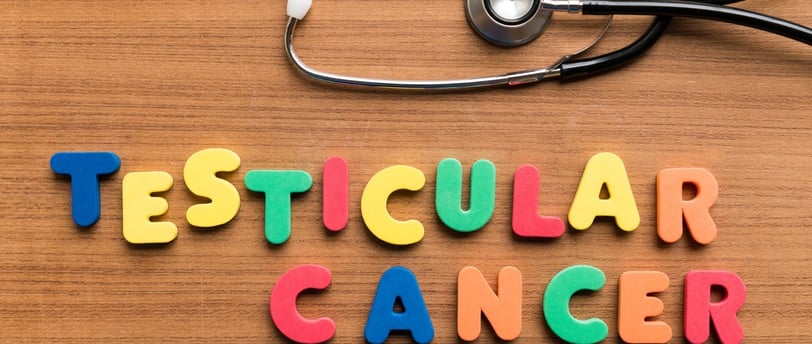Understanding Testicular Cancer
Recognizing Symptoms and Embracing Prevention
DISEASES
1/14/20172 min read


Introduction:
Testicular cancer is a relatively rare but highly treatable form of cancer that predominantly affects young men. As a specialist in men's health, it is crucial to shed light on this topic, offering insights into the symptoms, risk factors, and preventive measures associated with testicular cancer. This article aims to provide a comprehensive understanding of the disease, empowering men to be proactive about their health.
Section 1: The Basics of Testicular Cancer
1.1 What is Testicular Cancer?
Testicular cancer originates in the testicles, the male reproductive organs responsible for producing sperm and testosterone. The most common type is germ cell tumors, which can further be classified into seminomas and non-seminomas.
1.2 Who is at Risk?
Testicular cancer primarily affects young men between the ages of 15 and 44, with a higher incidence in Caucasians. Understanding the demographic factors and risk groups is crucial for early detection and prevention.
Section 2: Recognizing Symptoms
2.1 Lump or Enlargement:
The most common sign of testicular cancer is a painless lump or swelling in the testicle. Men should perform regular self-exams to detect any abnormalities in size or shape.
2.2 Pain or Discomfort:
Some men may experience a dull ache or discomfort in the lower abdomen or scrotum. Persistent pain should be evaluated by a healthcare professional.
2.3 Changes in Consistency:
Changes in the texture or consistency of the testicle, such as hardness or increased firmness, can be indicative of a problem and should be promptly addressed.
2.4 Fluid Accumulation:
Accumulation of fluid in the scrotum, leading to swelling or a feeling of heaviness, may be a symptom of testicular cancer and should be examined by a medical professional.
Section 3: Preventive Measures
3.1 Regular Self-Exams:
Encouraging men to perform regular self-exams is crucial for early detection. Educating individuals about the correct technique and the importance of familiarity with their own anatomy is essential.
3.2 Medical Check-ups:
Routine check-ups with a healthcare provider can aid in the early identification of any abnormalities. Regular physical examinations and discussions about any concerns contribute to preventive care.
3.3 Understanding Risk Factors:
Awareness of risk factors, including family history, undescended testicles, and congenital conditions, can help individuals take proactive steps in preventive care and early detection.
3.4 Healthy Lifestyle Choices:
Promoting a healthy lifestyle, including regular exercise, a balanced diet, and avoiding tobacco and excessive alcohol consumption, contributes to overall well-being and may reduce the risk of developing cancer.
Conclusion:
Understanding testicular cancer is paramount for men's health, emphasizing the importance of recognizing symptoms and embracing preventive measures. Regular self-exams, medical check-ups, and a healthy lifestyle are integral components of proactive care. By raising awareness and fostering a culture of openness about men's health, we can empower individuals to take control of their well-being, ensuring early detection and effective management of testicular cancer when necessary. Remember, seeking prompt medical attention for any concerns is a vital step towards maintaining a healthy and fulfilling life.
Please note: The information provided in this article is for educational and informative purposes only. It is essential to consult with healthcare professionals for personalized advice.
Important Disclaimer:
Before taking any actions, including making purchases through the links in our blog, or if you are considering any health-related activities, please read this important information. We strongly advise you to consult with specialists and medical professionals before taking any steps. Your health is of paramount importance, and the responsibility for it lies entirely with you. Remember to be responsible for yourself and your health!
Important Information | About Us | Contact Us | Privacy Policy | Terms and Conditions | 2014-2025 VirilityMastery.com All Rights Reserved ©
